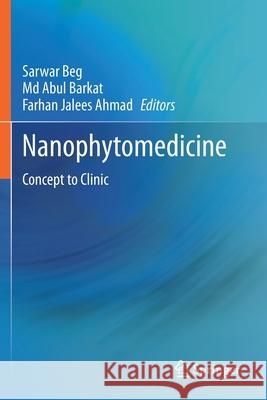Nanophytomedicine: Concept to Clinic » książka
topmenu
Nanophytomedicine: Concept to Clinic
ISBN-13: 9789811549113 / Angielski / Miękka / 2021 / 218 str.
Nanophytomedicine: Concept to Clinic
ISBN-13: 9789811549113 / Angielski / Miękka / 2021 / 218 str.
cena 603,81
(netto: 575,06 VAT: 5%)
Najniższa cena z 30 dni: 578,30
(netto: 575,06 VAT: 5%)
Najniższa cena z 30 dni: 578,30
Termin realizacji zamówienia:
ok. 16-18 dni roboczych.
ok. 16-18 dni roboczych.
Darmowa dostawa!
Kategorie:
Kategorie BISAC:
Wydawca:
Springer
Język:
Angielski
ISBN-13:
9789811549113
Rok wydania:
2021
Wydanie:
2020
Ilość stron:
218
Waga:
0.32 kg
Wymiary:
23.39 x 15.6 x 1.22
Oprawa:
Miękka
Wolumenów:
01
Dodatkowe informacje:
Wydanie ilustrowane











